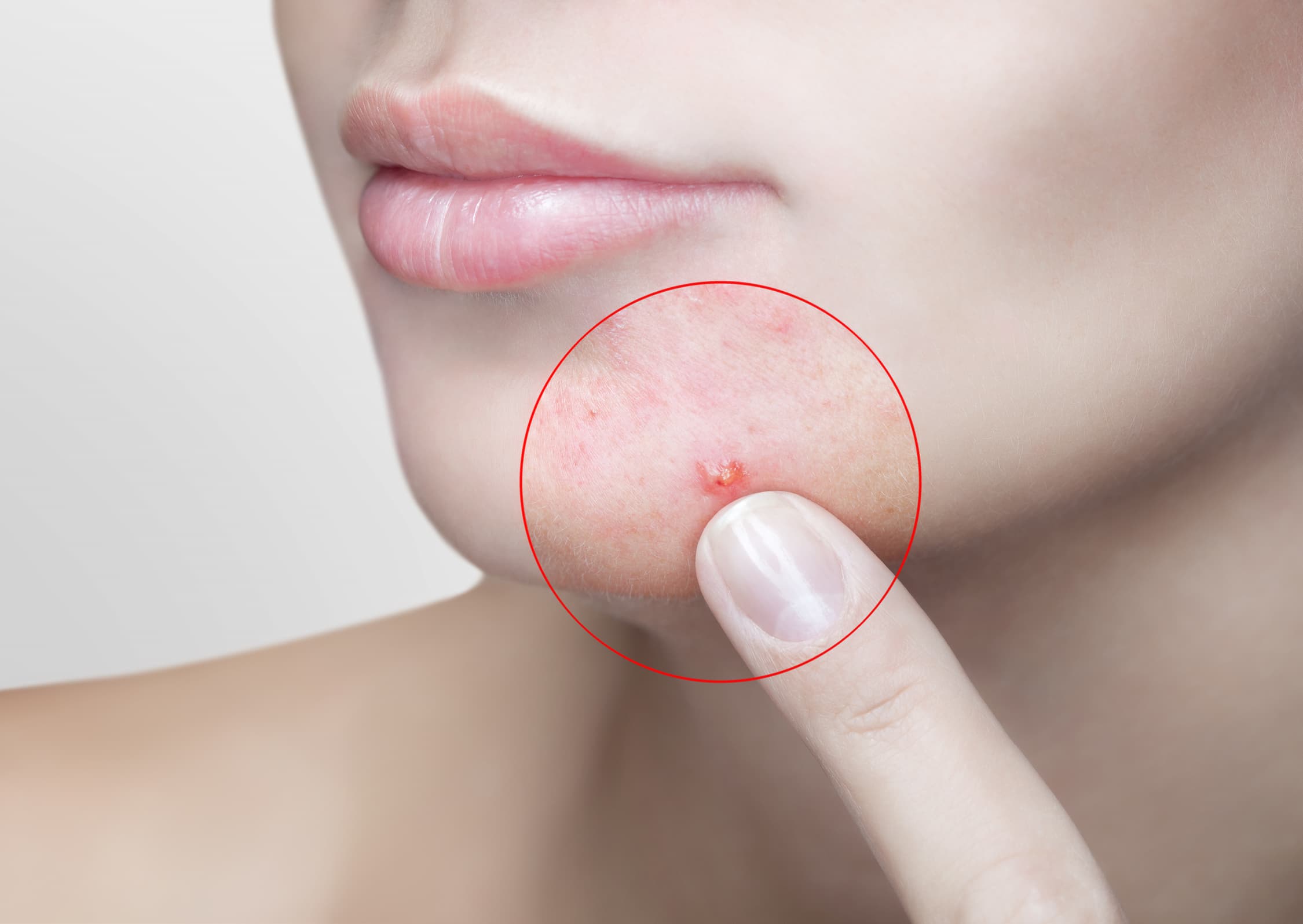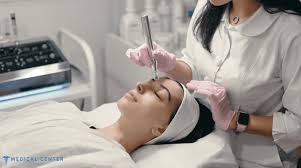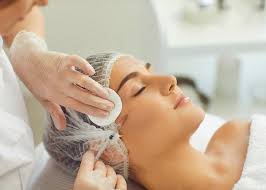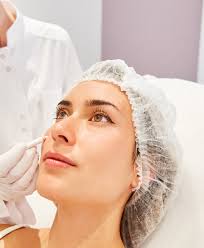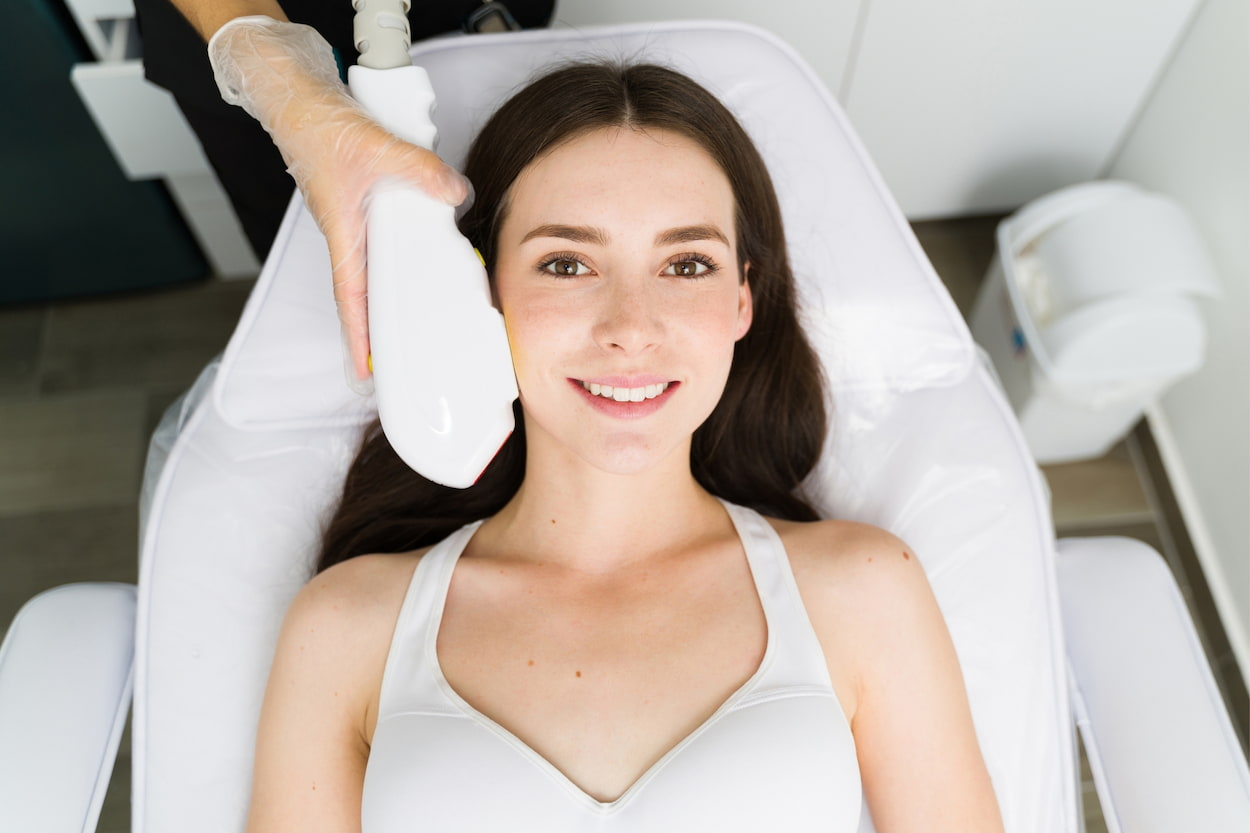
What Is the Best Treatment for Dark Spots on Face: IPL Treatment
Dark spots on the face can be a source of discomfort and self-consciousness for many people. They can be caused by a variety of factors, including sun damage, aging, hormonal changes, and acne scars. While there are many products available that claim to lighten or remove these spots, the most effective treatment is IPL, or Intense Pulsed Light therapy.
IPL works by targeting the pigment in the dark spots and breaking it down. This is achieved through the use of a specialized device that emits intense pulses of light onto the affected area. The light energy is absorbed by the pigment, causing it to heat up and break apart. Over time, the broken-down pigment is absorbed by the body and the dark spots gradually fade away.
One of the main advantages of IPL treatment is its effectiveness. Many patients see a significant improvement in their dark spots after just one session, and multiple treatments can produce even better results. IPL is also a non-invasive procedure, meaning that it does not require any incisions or injections. This makes it a safe and low-risk option for most patients.
Another advantage of IPL is that it can be customized to suit the needs of each individual patient. The intensity and wavelength of the light can be adjusted to target specific types of pigmentation, such as freckles, age spots, or melasma. This means that IPL can be used to treat a wide range of skin concerns, and can be tailored to each patient's unique needs.
IPL is a relatively quick and painless procedure. Most treatments take less than 30 minutes, and patients can return to their normal activities immediately afterwards. Some patients may experience mild redness or swelling in the treated area, but this usually subsides within a few hours.
Of course, as with any medical procedure, there are some risks associated with IPL treatment. In rare cases, patients may experience blistering, scarring, or changes in skin texture. However, these risks are minimized when IPL is performed by a qualified and experienced provider.
Overall, IPL is the best treatment for dark spots on the face. It is safe, effective, and customizable, and can produce long-lasting results with minimal downtime. If you are struggling with dark spots on your face, talk to a dermatologist or aesthetician to see if IPL is right for you.
How Does IPL Treatment Work for Dark Spots on the Face?
Intense Pulsed Light therapy, or IPL, is a popular treatment for dark spots on the face. But how exactly does it work? In this article, we'll take a closer look at the science behind IPL and how it can help to fade or remove dark spots.
First, it's important to understand what causes dark spots on the face. These spots, also known as hyperpigmentation, are caused by an overproduction of melanin, which is the pigment that gives our skin its color. This can be triggered by a variety of factors, including sun damage, aging, hormonal changes, and acne scarring.
IPL works by using a special device that emits intense pulses of light onto the affected area. The light energy is absorbed by the pigment in the dark spots, causing it to heat up and break apart. Over time, the broken-down pigment is absorbed by the body, and the dark spots gradually fade away.
The light used in IPL is different from the laser light used in other types of skin treatments. While lasers use a single wavelength of light to target specific areas, IPL uses a broad spectrum of light to target multiple types of pigmentation. This makes IPL a versatile treatment that can be customized to suit the needs of each individual patient.
During an IPL treatment session, the patient will wear protective eyewear while the IPL device is placed against their skin. The device emits a series of short pulses of light, which may feel like a mild snap or sting. The treatment is relatively quick, usually taking less than 30 minutes.
After the treatment, the patient may experience some redness or swelling in the treated area. This is normal and should subside within a few hours. Over the next few weeks, the dark spots will gradually start to fade. Most patients see a significant improvement after just one session, although multiple treatments may be necessary for optimal results.
It's worth noting that IPL is not suitable for everyone. Patients with very dark skin tones may not be good candidates, as the light energy can be absorbed by the surrounding skin and cause discoloration. Patients who are pregnant or have certain medical conditions may also need to avoid IPL. It's important to consult with a qualified provider before undergoing any IPL treatment.
In conclusion, IPL is an effective treatment for dark spots on the face. By using broad-spectrum light to break down pigmentation, IPL can help to fade or remove dark spots caused by a variety of factors. If you're struggling with hyperpigmentation on your face, talk to a dermatologist or aesthetician to see if IPL is right for you.
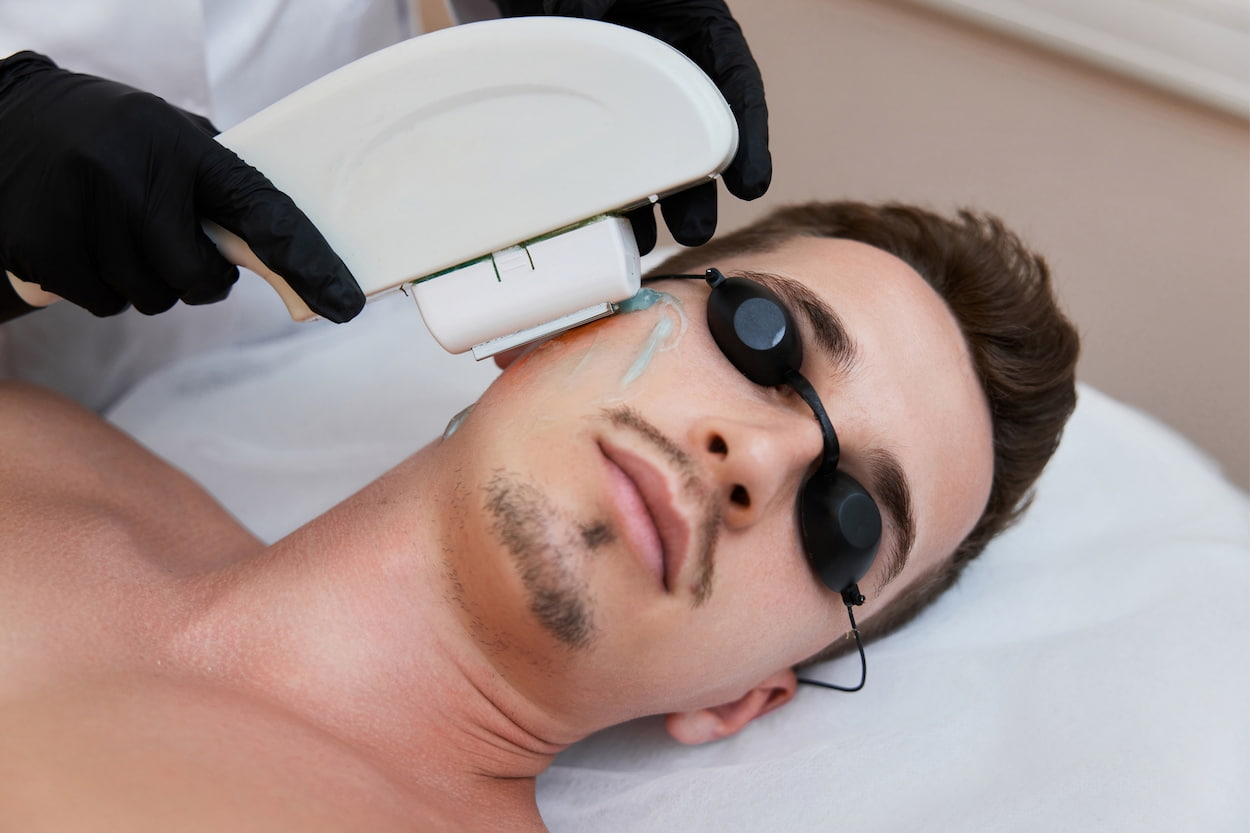
Preparing for IPL Treatment for Dark Spots on the Face
Intense Pulsed Light therapy, or IPL, is an effective treatment for dark spots on the face. But before undergoing IPL, there are a few things you should do to prepare for the treatment. In this article, we'll discuss some of the steps you can take to ensure the best possible results from your IPL treatment.
Avoid sun exposure: Before your IPL treatment, it's important to avoid sun exposure for at least two weeks. This means staying out of direct sunlight and avoiding tanning beds. Sun exposure can make the skin more sensitive to the light used in IPL, increasing the risk of complications such as blistering or pigmentation changes.
Avoid certain medications: Certain medications, such as blood thinners or antibiotics, can increase the risk of complications during IPL treatment. Be sure to tell your provider about any medications you are taking so that they can advise you on whether you need to stop taking them prior to your treatment.
Stop using certain skincare products: Some skincare products, such as retinoids or alpha hydroxy acids, can make the skin more sensitive and increase the risk of complications during IPL treatment. Your provider will advise you on which products to avoid and when to stop using them before your treatment.
Shave the treatment area: If you have dark, coarse hair in the treatment area, your provider may recommend that you shave it prior to your IPL treatment. This can help to prevent the hair from absorbing the light energy and causing discomfort during the treatment.
Arrive with clean, makeup-free skin: On the day of your IPL treatment, arrive with clean, makeup-free skin. This will help your provider to see the treatment area clearly and ensure that the IPL device is placed correctly.
Wear protective clothing: After your IPL treatment, your skin will be more sensitive to sunlight. Be sure to wear protective clothing, such as a wide-brimmed hat and long-sleeved shirt, and apply sunscreen to the treated area regularly to avoid sun damage.
Preparing for IPL treatment for dark spots on the face is an important step in ensuring the best possible results. By avoiding sun exposure, certain medications, and certain skincare products, and arriving with clean, makeup-free skin, you can help to minimize the risk of complications and achieve optimal results from your IPL treatment. Be sure to follow your provider's instructions carefully and ask any questions you may have before the treatment to ensure that you are fully prepared.
How Long Does It Take for Dark Spots to Fade After IPL?
Dark spots on the face usually start to fade within a week or two after an IPL treatment. However, the full results may not be visible for several weeks or even months. The amount of time it takes for dark spots to fade after IPL can vary depending on the individual and the severity of their hyperpigmentation.
How Many IPL Treatments Are Needed for Dark Spots?
The number of IPL treatments needed for dark spots can vary depending on the individual and the severity of their hyperpigmentation. Many people see a significant improvement after just one treatment, but multiple treatments may be necessary for optimal results. Your provider will be able to give you a better idea of how many IPL treatments you will need after assessing your skin and discussing your goals.
How Long Do IPL Results Last?
The results of IPL treatment for dark spots can last for several months to several years, depending on the individual and their skin type. However, it's important to note that IPL does not provide permanent results and the dark spots may eventually reappear over time. To maintain the results of IPL, it may be necessary to undergo periodic maintenance treatments.
How Permanent Is IPL?
IPL is not a permanent solution for dark spots or other types of hyperpigmentation. While IPL can effectively fade or remove dark spots, the results are not permanent and the pigmentation may eventually reappear over time. However, regular maintenance treatments can help to prolong the results of IPL and keep the skin looking clear and even.
Healthy Türkiye Notes
In conclusion, IPL treatment is an effective solution for dark spots on the face, but it requires careful preparation and ongoing maintenance to achieve optimal results. By following the tips outlined in this article, such as avoiding sun exposure and certain medications, shaving the treatment area, and arriving with clean, makeup-free skin, you can help to minimize the risk of complications and maximize the effectiveness of your IPL treatment. While the results of IPL can last for several months to several years, it's important to keep in mind that the treatment is not permanent and may require periodic maintenance to maintain the results. Overall, IPL is a safe and effective option for improving the appearance of dark spots on the face and can help to boost your confidence and enhance your natural beauty.
